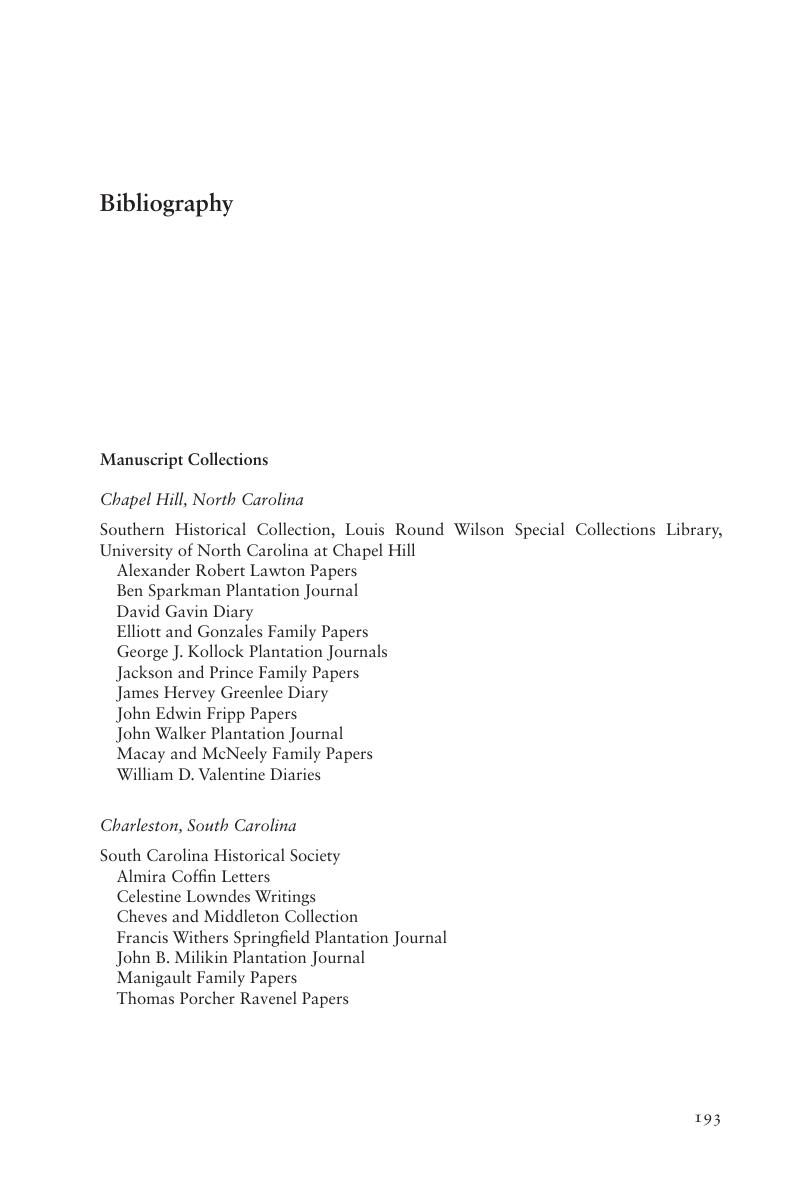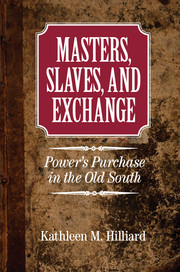Bibliography
Published online by Cambridge University Press: 05 June 2014
Summary

- Type
- Chapter
- Information
- Masters, Slaves, and ExchangePower's Purchase in the Old South, pp. 193 - 210Publisher: Cambridge University PressPrint publication year: 2013

